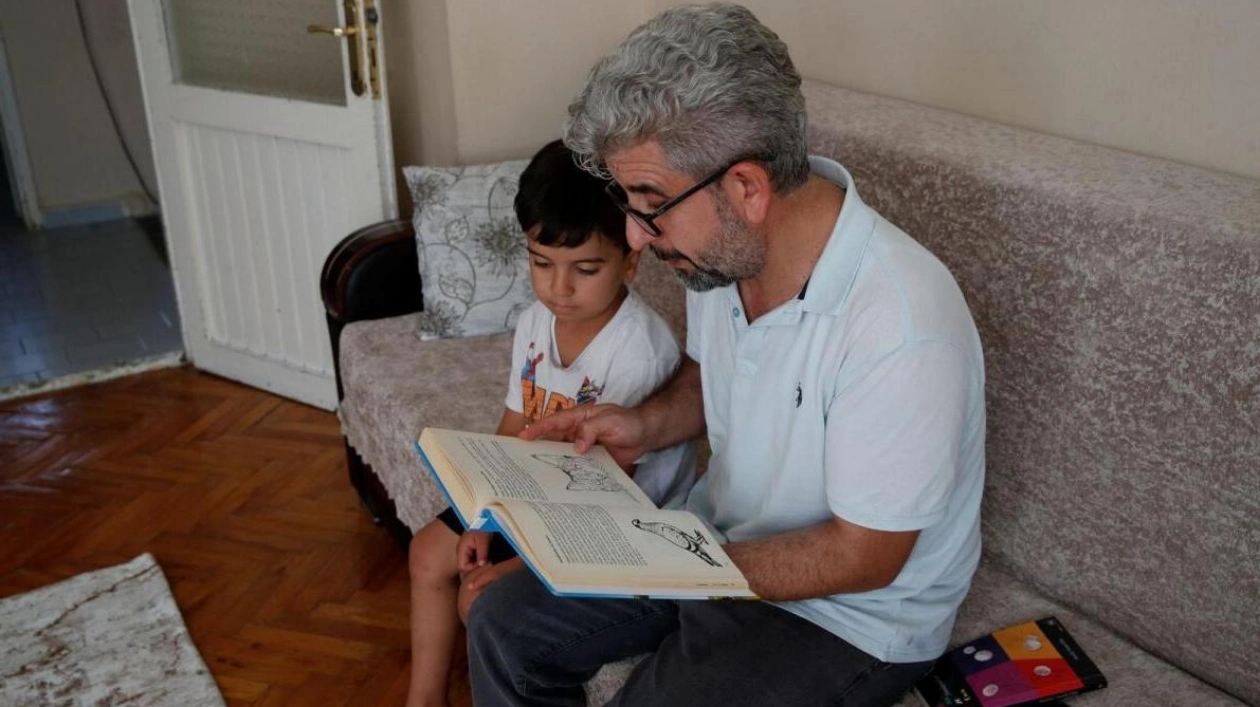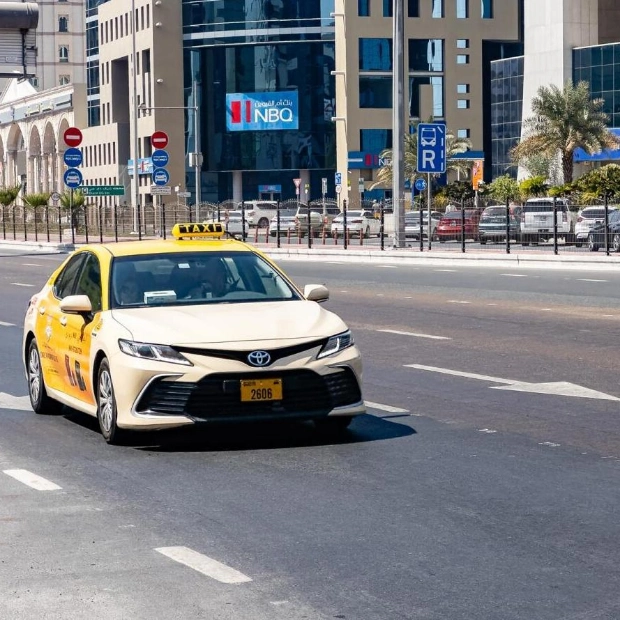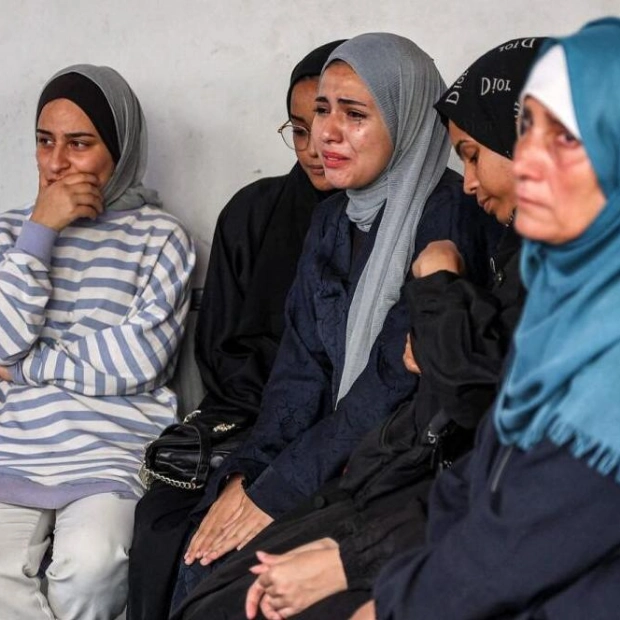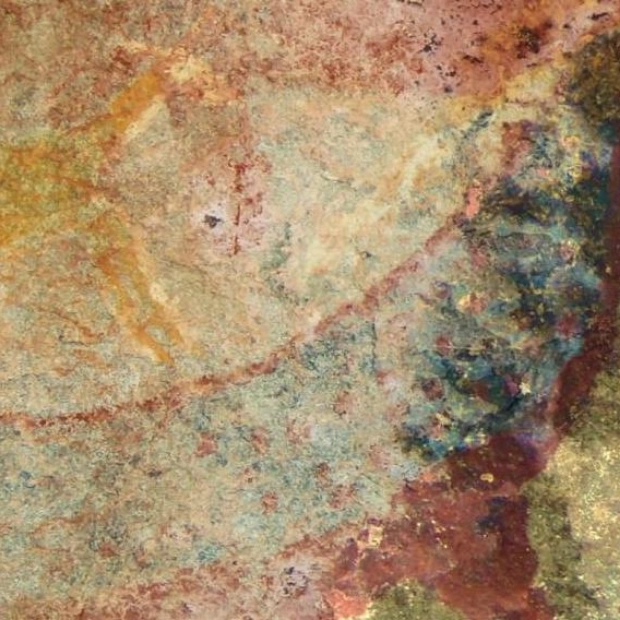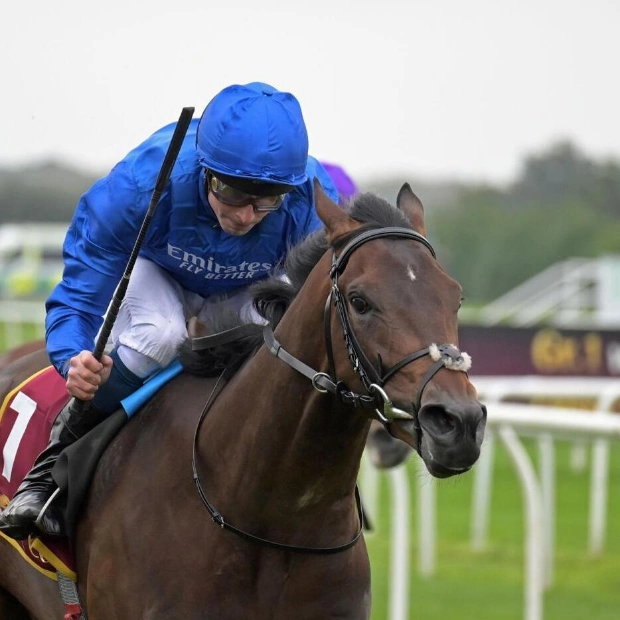Nevzat Yesilbagdan reads a Kurdish children's storybook to his seven-year-old son Muhammed Mesrur at their home in Istanbul, Turkey, on September 4, 2024. — Reuters
A Turkish government proposal aimed at resolving a long-standing conflict with Kurdish militants has reignited discussions on Kurdish rights, particularly as Kurdish leaders claim that repression is widespread and freedoms gained over a decade ago have diminished. One such freedom is the right to two hours of Kurdish language education in schools, a policy introduced by Turkish President Tayyip Erdogan in 2012 as a significant step forward in a country that once prohibited the Kurdish language entirely. However, more than a dozen parents, Kurdish politicians, and education experts have informed Reuters that their children are unable to access these classes, even in Turkey's largest cities, and not all Kurdish families are aware of their right to request them.
Turkey's Kurds, who constitute about a fifth of the population, numbering an estimated 17 million, view Kurdish as their mother tongue and consider the right to education in Kurdish as one of their primary demands. Despite this, the constitution explicitly states, 'No language other than Turkish shall be taught as a mother tongue to Turkish citizens.' Gulistan Kilic Kocyigit, chairperson of the pro-Kurdish DEM party in parliament, emphasized that 'the Kurdish people's right to education in their mother tongue is crucial for the expression of their cultural identity and social equality.' She added that 'education in the mother tongue is essential for peace, equal citizenship, and the protection of cultural rights.'
Erdogan's key ally in his ruling alliance proposed in October that jailed Kurdish militant PKK leader Abdullah Ocalan end his group's insurgency in exchange for the possibility of his release. This came after a previous peace process initiated in 2012 collapsed in 2015, leading to renewed violence and a crackdown on the pro-Kurdish political movement. Remezan Alan, a lecturer in the Kurdish Language and Culture department at Artuklu University in Turkey's southeastern Mardin province, noted that 'optional Kurdish classes have become nearly non-existent in schools since the end of the peace process.' Alan's own children were unable to access Kurdish classes in Diyarbakir, a city of 1.8 million in the predominantly Kurdish southeast.
When questioned about the classes, Turkey's Ministry of Education stated that 'a course can be taught if at least 10 students are enrolled,' but did not comment on the situation in individual schools. Education Minister Yusuf Tekin denied in September that the state was ignoring requests from parents for the lessons or discouraging them from asking for them. If there were not enough students, he said, it was due to a 2012 boycott of the lessons by DEM's predecessor party, which argued that two hours were insufficient.
Parents want their children to learn Kurdish in school so they can read and write in the language. Hudai Morarslan, a member of the teachers' union Egitim-Bir-Sen, which advocates for teachers' and educational rights, stated that optional Kurdish classes are available in only 13 cities across Turkey. He is campaigning for them to be introduced in Bingol, a town in the predominantly Kurdish southeast region. Morarslan noted that 'everyone is afraid to ask,' citing a constant fear of being stigmatized by the state and linked to the PKK, designated as a terrorist group by Turkey, the United States, and the European Union.
In November, Turkish authorities detained 231 people and replaced six pro-Kurdish mayors over suspected PKK ties. The DEM Party reported that those detained included its local officials and activists. Earlier, dozens of people singing and dancing to Kurdish songs at weddings were detained on charges of 'spreading terrorist propaganda,' which the DEM party described as 'intolerance towards Kurdish identity and culture.' Government officials claimed that the songs expressed solidarity with the PKK and posed a threat to national unity.
Turkey's ban on the Kurdish language was lifted in 1991. Seventeen years later, state broadcaster TRT launched a Kurdish TV channel, which some Kurds boycotted and criticized as government propaganda. Nevzat Yesilbagdan, 43, lives in Istanbul's Bagcilar district with his family. He reports that three of his children's requests to learn Kurdish have been denied by the school due to a lack of teachers or an insufficient number of students. 'Our main demand is to be educated in our mother tongue, but an optional course is an important step towards that goal,' he said.
A study by Rawest Research, a think tank focused on Kurdish issues, found in 2020 that only 30 percent of some 1,500 parents were aware of the optional Kurdish courses. Ihsan Yildiz, 42, who works in the construction sector in Istanbul, said his 15-year-old daughter Meryem received no response to her request for Kurdish class from her Islamic Imam Hatip school. She then stopped asking. His children understand some Kurdish but cannot read it. 'My mother, who lives with us, does not speak Turkish. I translate when my children talk to their grandmother. This is so sad,' he said.
Source link: https://www.khaleejtimes.com
